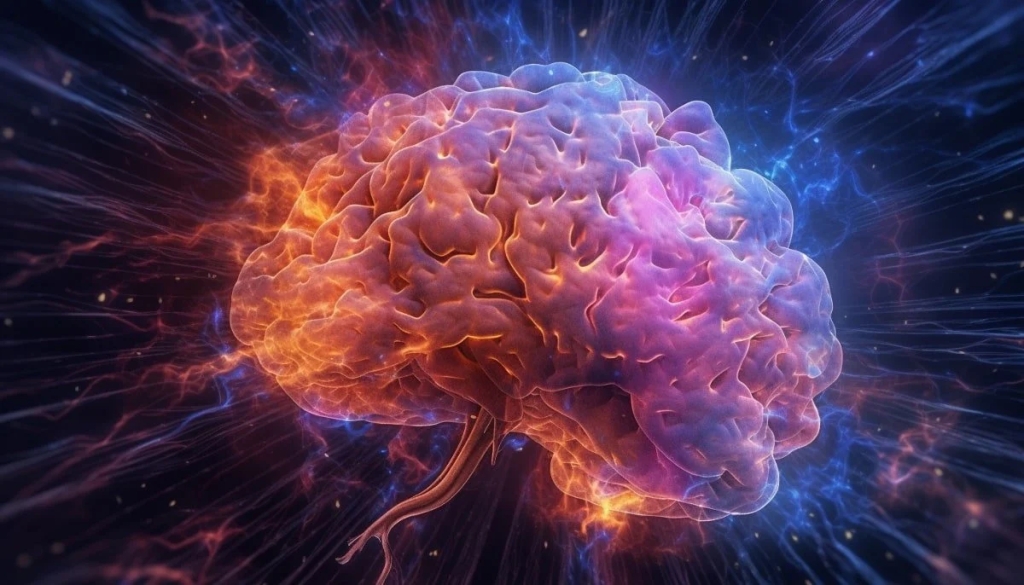
Neuroscience is the study of the nervous system. It covers a wide range of topics, from structure to function, development to degeneration, in health and disease. Neuroscience covers the nervous system, with the primary focus on the brain. Our brains, incredibly complex, define who we are and what we do. Our brains store memories and allow us to develop from them. Thoughts, ideas, and movements are generated from our brain cells and their circuits. The individual connections (synapses) are responsible for a baby’s first steps or every athletic performance, each of these actions requiring precise timing and connections.
Human brains have approximately 86 billion neurons; neuroscientists investigate the connection between neurons and the parts of the nervous system as well as the rest of the body. Neuroscientists want to find out how our nervous systems develop and potential ways it can go wrong. By combining different approaches and technology, research can be done on treatments for diseases and disorders that affect the nervous system.
Some areas of neuroscience research are genes, which are focused on how they are affected by our environment. Brain cells, which is focused on how types of brain cells formed in the correct place and time. Research on brain circuits, which focus on the connection between the brain circuits, and many more.
https://www.kcl.ac.uk/neuroscience/about/what-is-neuroscience
What is Neuroscience?. What is neuroscience? | School of Neuroscience | King’s College London. (2024, February 1). https://www.kcl.ac.uk/neuroscience/about/what-is-neuroscience
Categories: Psychology, Tech&Innovation